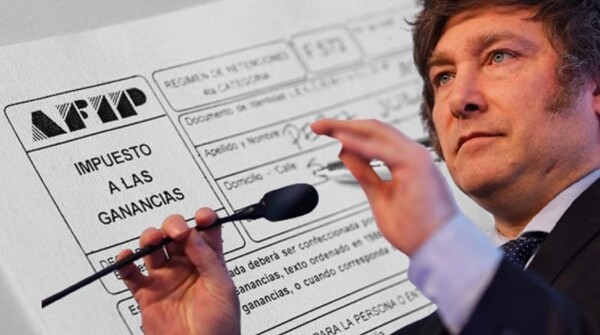
Moody's highlighted the "effective and robust policy adjustments" driven by President Javier Milei, providing more guarantees to creditors regarding the country's ability to meet debt payments. Financial markets praised Milei's measures, which reversed years of fiscal deficit, attracted dollars to the country, and reduced triple-digit inflation in just over a year of management.
Moody's noted that a successful transition to a more open capital system could justify a higher credit rating. Additionally, it emphasized that the increase in currency liquidity and the rebalancing of the current account have reduced external pressures. The agency warned that potential negative shocks could result in credit events with significant losses for bondholders.
Regarding future prospects, the rating agency underscored the potential for further improvements if the country advances in an orderly macroeconomic adjustment. However, it also cautioned about risks in the next phase of reforms, such as the removal of capital and exchange controls. Jaime Reusche, a Moody's analyst, mentioned that significant risks remain to cover upcoming external debt payments.
Moody's raised the country's rating to Caa3, placing it at the same level as Ecuador, Bolivia, and Ethiopia, and improved the outlook from stable to positive. According to Friday's statement, Argentina's economic recovery has strengthened credit fundamentals over the past year. The agency attributed the improvement in Argentina's credit rating to the government's efforts to stabilize finances and reduce the likelihood of debt defaults.
"The tax amnesty attracted nearly USD 20 billion in foreign assets, representing 3% of GDP, and measures were adopted to attract more foreign currency, allowing the authorities to gradually accumulate international reserves," concluded the rating agency.














